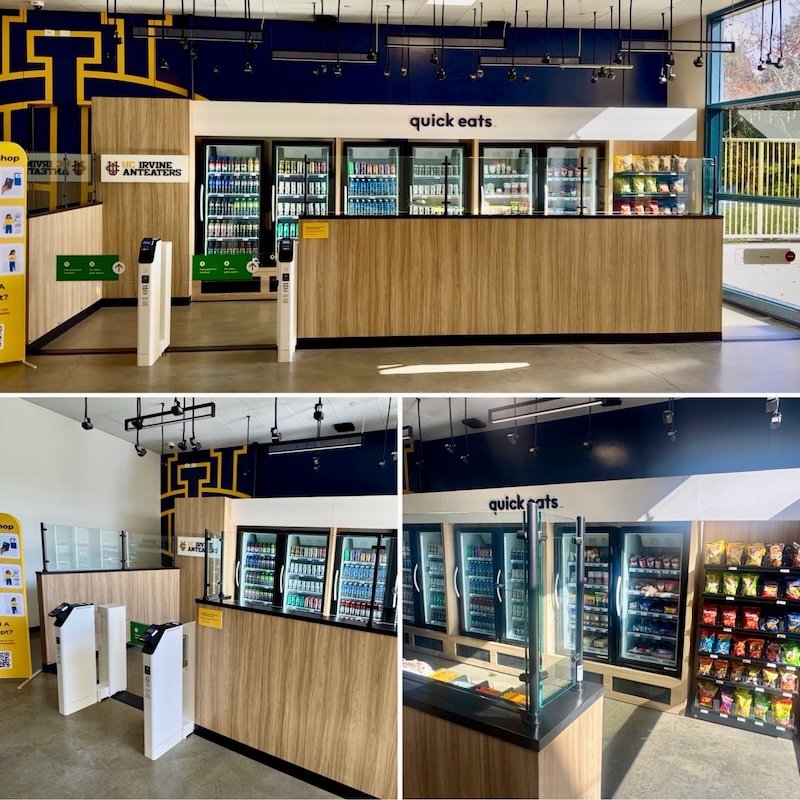Retail and e-commerce digital marketing: strategies for success
In the fast evolving world of retail, staying ahead of digital trends is crucial for any business aiming to succeed in both physical and online marketplaces. Retail and e-commerce digital marketing strategies have become essential tools to thrive in a competitive landscape.
From understanding consumer behaviour to implementing effective advertising campaigns, retail businesses must leverage the right marketing channels to reach and convert their audiences.
Retailers today face numerous challenges, from changing consumer expectations to increased competition, both online and offline. To stand out, brands must create cohesive marketing strategies that not only attract potential customers but also foster loyalty and advocacy.
A well executed digital marketing plan helps retailers navigate these challenges, ultimately driving business growth and ensuring long-term success.
Retail digital marketing: the essentials
Retail digital marketing encompasses a wide range of tactics designed to increase the visibility and appeal of a brand. It starts with having a strong online presence, which can be achieved through an optimized website, engaging content, and strategic use of social media. A comprehensive approach to digital marketing can include:
● Search engine optimisation (SEO): Improving website visibility in search engine results by optimizing on-page content, meta tags, and building quality backlinks. SEO helps ensure that potential customers can easily find the brand when searching for related products or services.
● Paid advertising: Using platforms like Google Ads and Facebook Ads to target specific demographics and reach potential customers effectively. Paid advertising allows brands to increase their visibility quickly, particularly for promotions, new products, or during key retail periods such as holidays and sales events.
● Social media engagement: Creating and sharing content that resonates with target audiences on platforms like Instagram, Facebook, Twitter, and TikTok. Social media engagement helps humanise the brand, fostering a community of loyal followers who actively interact with the brand's posts and share them with their networks.
Additionally, email marketing campaigns tailored to customer interests and behaviours can foster loyalty and encourage repeat business. By segmenting audiences based on their preferences and purchasing history, brands can send personalised offers, product recommendations, and updates that resonate with customers. Analysing data from these campaigns provides valuable insights that help refine strategies and improve customer experiences.
Another key aspect of retail digital marketing is ensuring a seamless omnichannel experience. Customers often interact with brands through multiple touchpoints, such as browsing products on a website, visiting a physical store, and engaging on social media. By providing consistent messaging and experiences across all channels, retailers can build trust and make the buying journey as smooth as possible.
E-commerce digital marketing: growing your online store
Ecommerce digital marketing is the backbone of a successful online store. From SEO to improve organic visibility, to paid campaigns that drive immediate traffic, ecommerce stores benefit from using a combination of channels to achieve growth. The goal is not only to attract visitors but also to convert them into buyers and retain them for long-term value.
Key components of e-commerce digital marketing include:
● Product listing ads: Promoting products in search results to attract attention from potential buyers. Product listing ads are particularly effective for showcasing specific products with images, prices, and customer reviews, making it easier for shoppers to make informed decisions.
● Influencer partnerships: Collaborating with influencers to reach a broader audience and build trust. Influencers have established relationships with their followers, and their endorsements can lend credibility to ecommerce brands. By partnering with influencers whose values align with the brand, e-commerce stores can tap into new customer segments.
● Customer retargeting campaigns: Engaging with potential customers who have shown interest but have not yet converted. Retargeting involves displaying ads to users who have previously visited the website or added products to their cart but did not complete the purchase. By reminding these users of their interest, e-commerce brands can encourage them to return and complete their transactions.
To build a successful e-commerce marketing strategy, brands must focus on every stage of the customer journey, from awareness to post-purchase engagement. By targeting shoppers at different stages of their journey - from discovery to consideration and finally conversion - e-commerce stores can maximise their reach and return on investment.
Content marketing is another powerful tool for ecommerce brands. By creating high-quality blog posts, how-to guides, videos, and infographics, brands can educate their audience, address pain points, and position themselves as industry leaders. Content marketing helps attract organic traffic and provides value to potential customers, making them more likely to engage with the brand.
Investing in user experience (UX) improvements can also significantly reduce friction and improve conversion rates, turning more visits into sales. Factors such as website speed, mobile responsiveness, intuitive navigation, and a simplified checkout process all contribute to a positive user experience. By continually testing and optimizing these elements, ecommerce brands can ensure that their customers have a smooth shopping experience.
In addition, customer loyalty programmes can play a key role in retaining customers and driving repeat purchases. Offering incentives such as discounts, exclusive offers, or reward points can encourage customers to return and continue shopping. Loyalty programmes also provide valuable data on customer preferences and behaviors, which can be used to further personalise marketing efforts.
E-commerce digital marketing is an ongoing process that involves optimising various aspects of an online store to enhance visibility, engagement, and customer retention. Brands must stay agile and adapt to changes in consumer behaviour, technology, and market trends.
By using these strategies effectively, e-commerce brands can thrive in today's digital environment, achieve sustained growth, and build lasting relationships with their customers.































Continue reading…